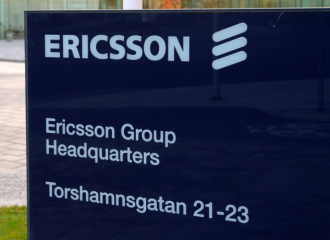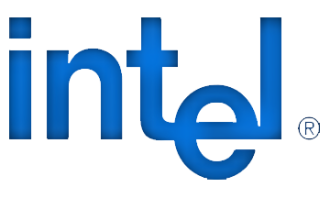 LG Display and Samsung Electronics are to supply screens for Apple smartwatches when the shiny toy finally hits the shops.
LG Display and Samsung Electronics are to supply screens for Apple smartwatches when the shiny toy finally hits the shops.
The Electronic Times reported that LG Display will be the sole supplier of organic light-emitting diode (OLED) screens for the Apple watches that go on sale in April.
Samsung Display will also become a supplier for the next version of the smartwatch that is expected to go on sale either sometime in the second half of this year or early 2016.
No-one is confirming the rumour, but it makes sense and is probably true.
Apple has scheduled a special event on March 9, where it is expected to showcase Apple Watch. To have got this far in the production process, Jobs’ Mob should have sorted out its display supplier months ago.
The watch, which will let consumers check their email, pay for goods at retail stores and monitor personal health information, represents Apple’s only product introduction since the 2010 launch of the iPad.
The watch is likely to sell millions, but only because of the Apple logo. It has been shipped so late and with half of the promised healthcare enhancements dropped, because Jobs’ Mob could not get them to go.


















